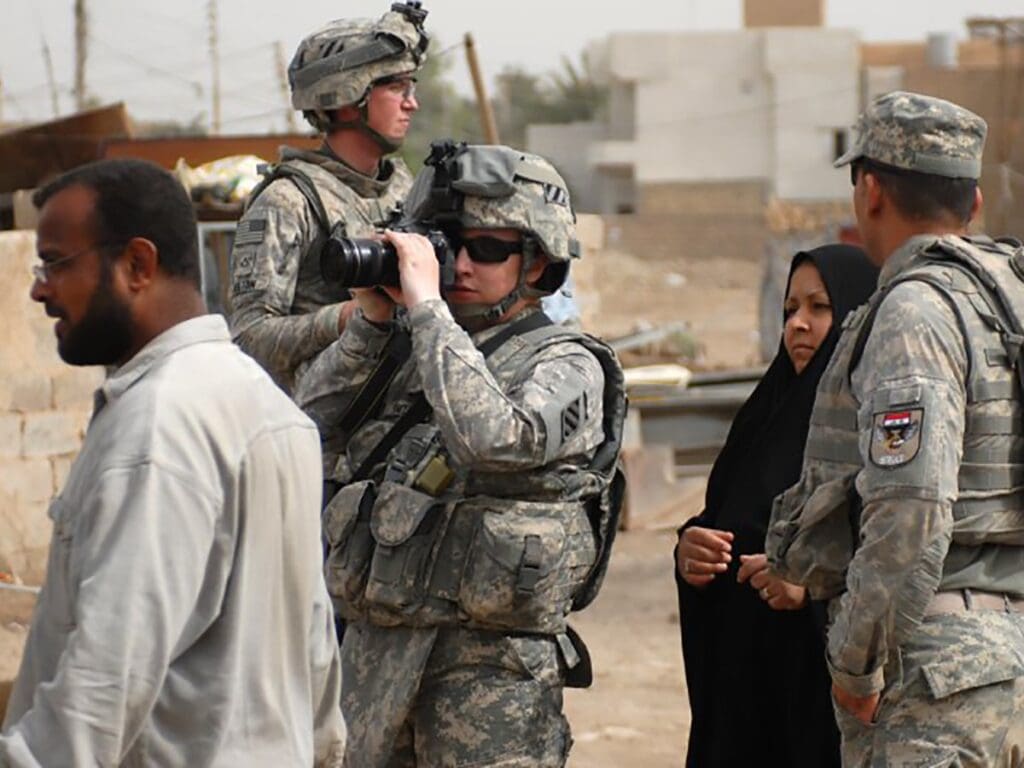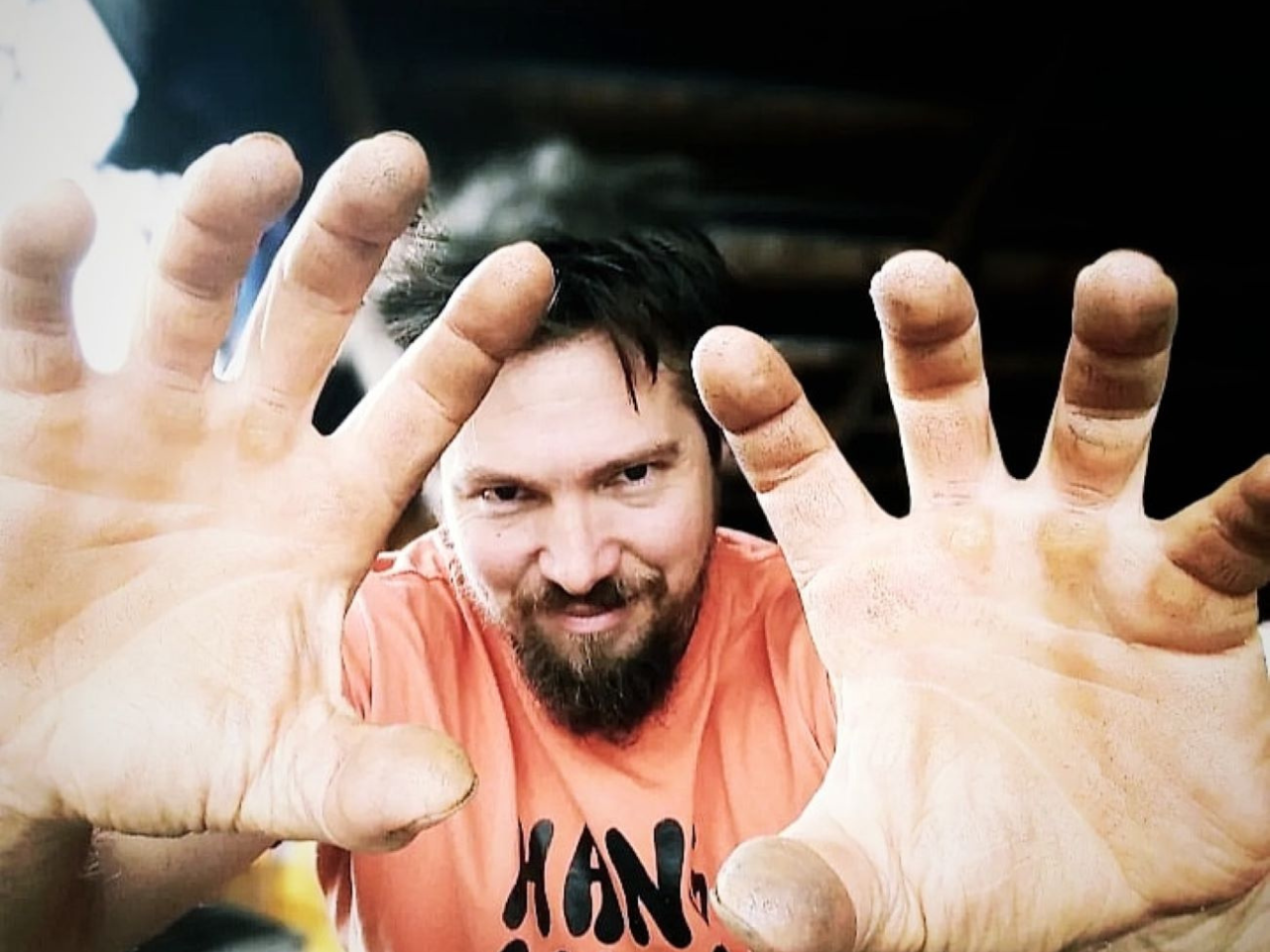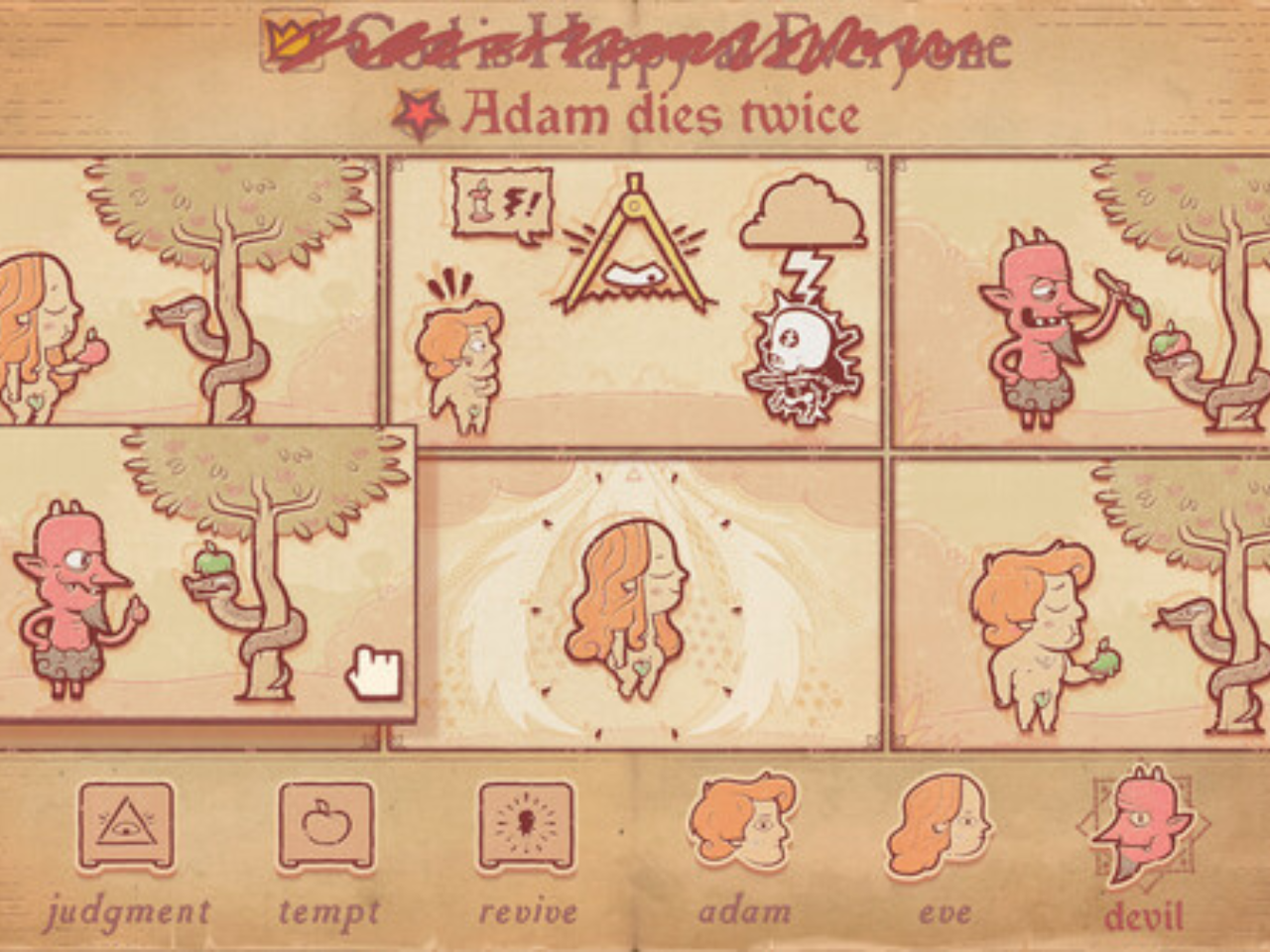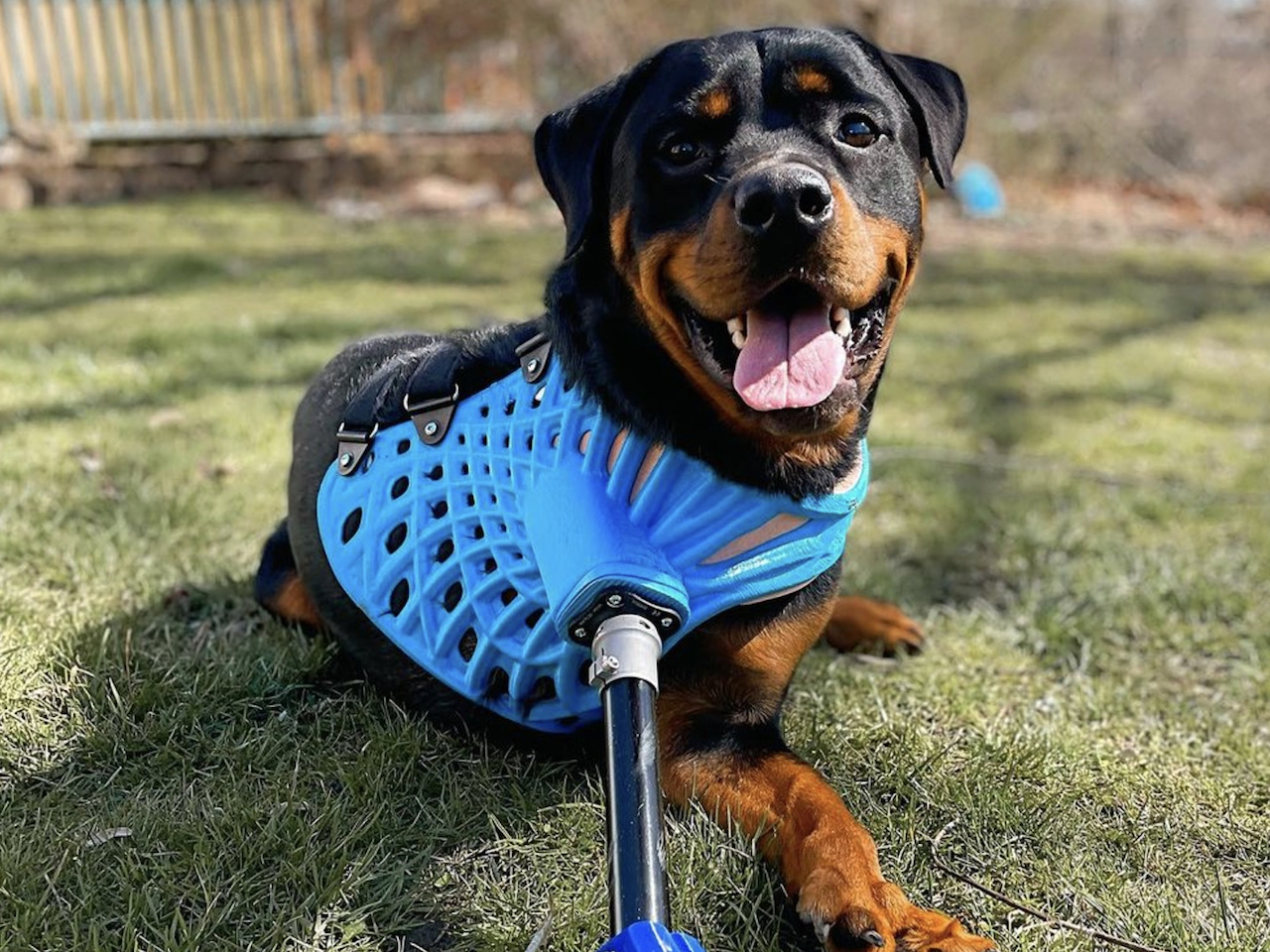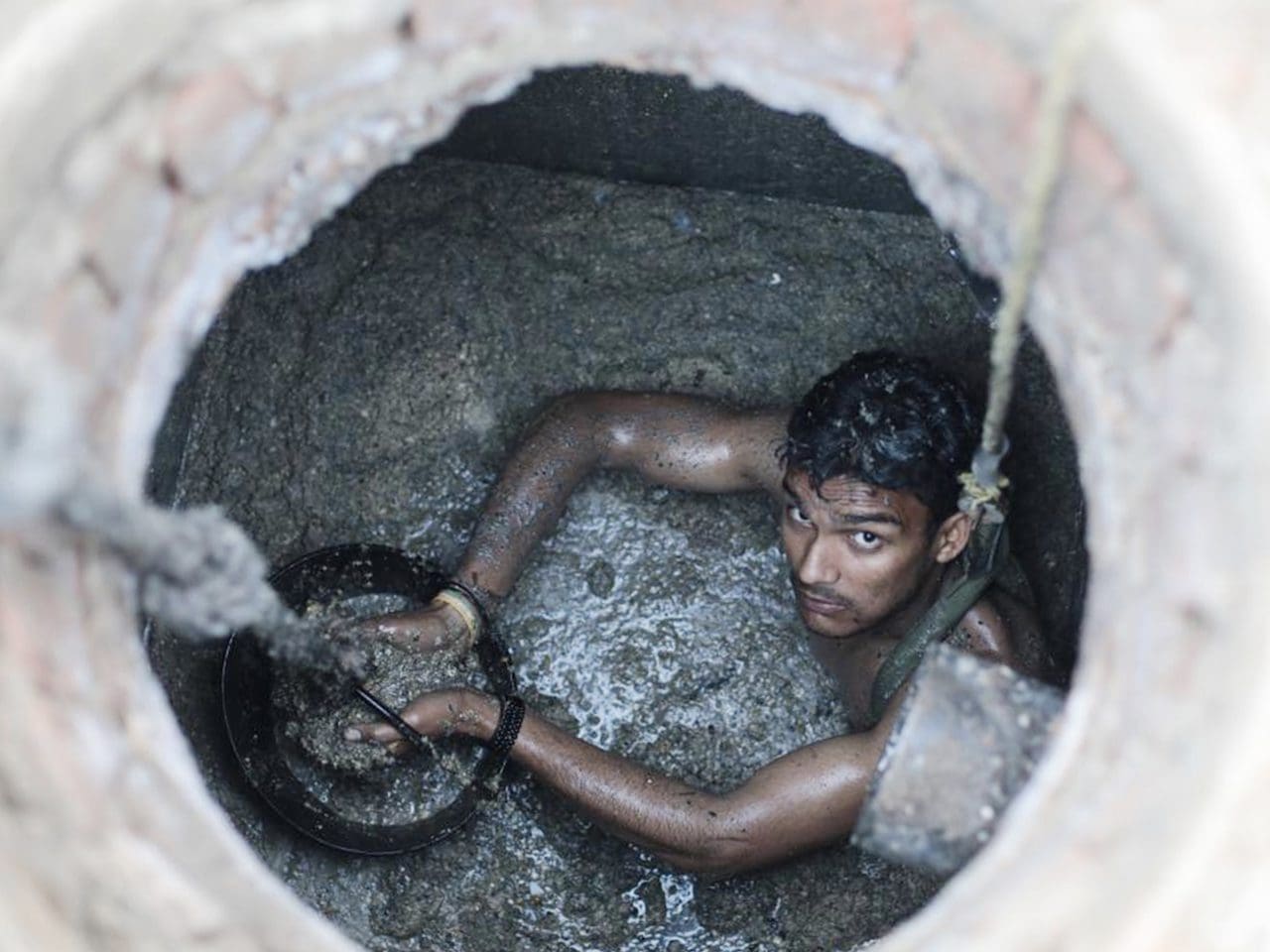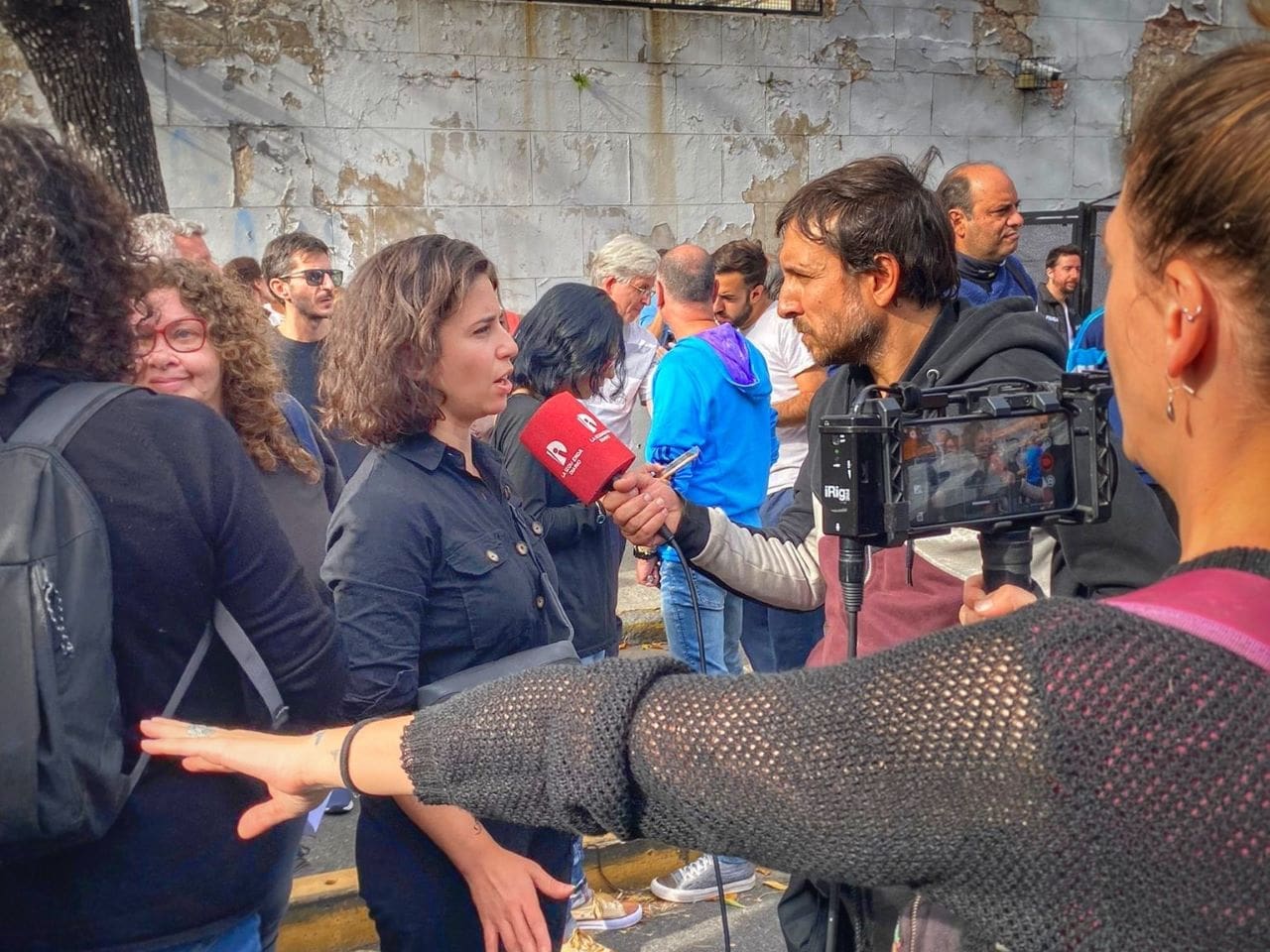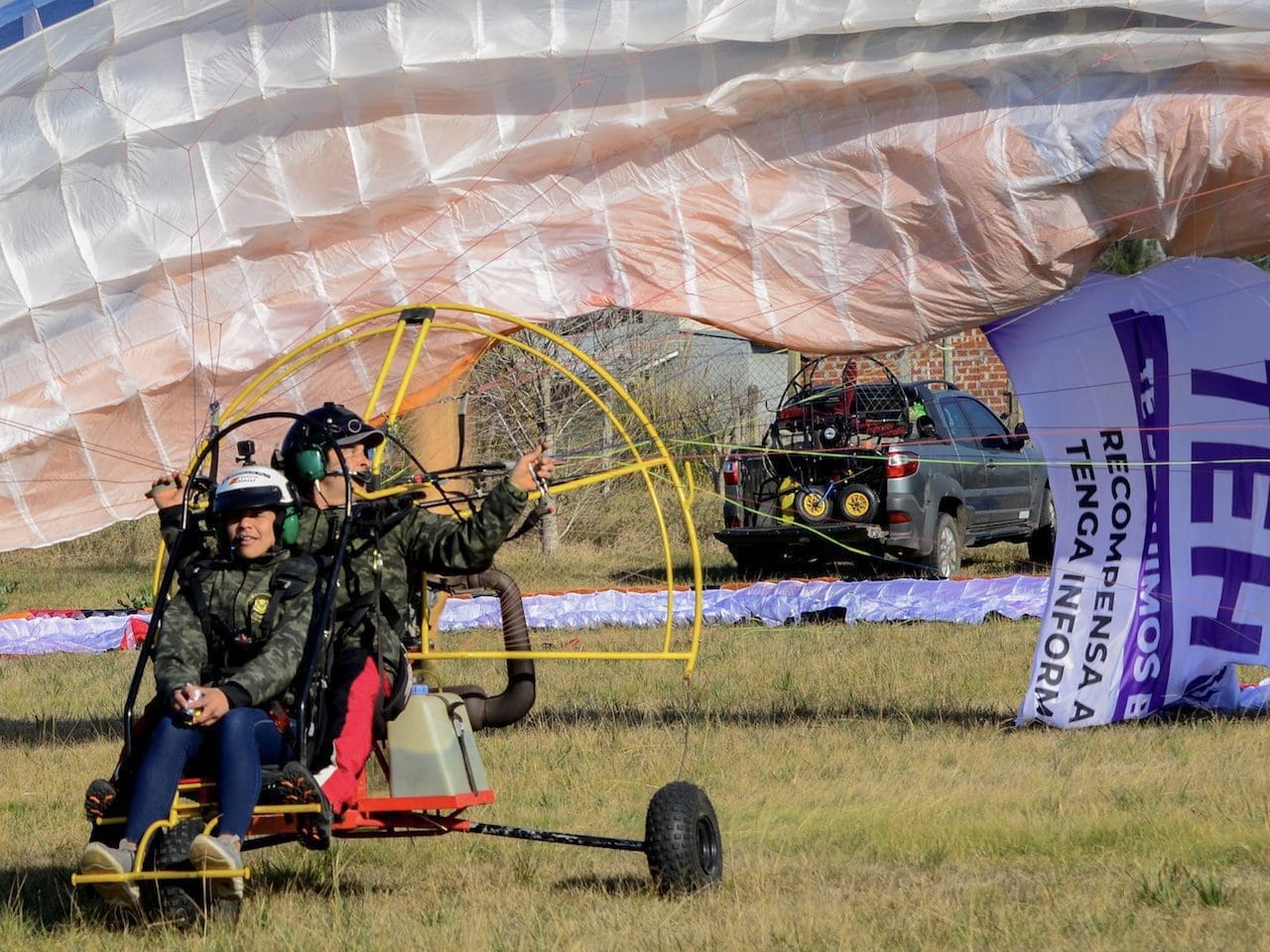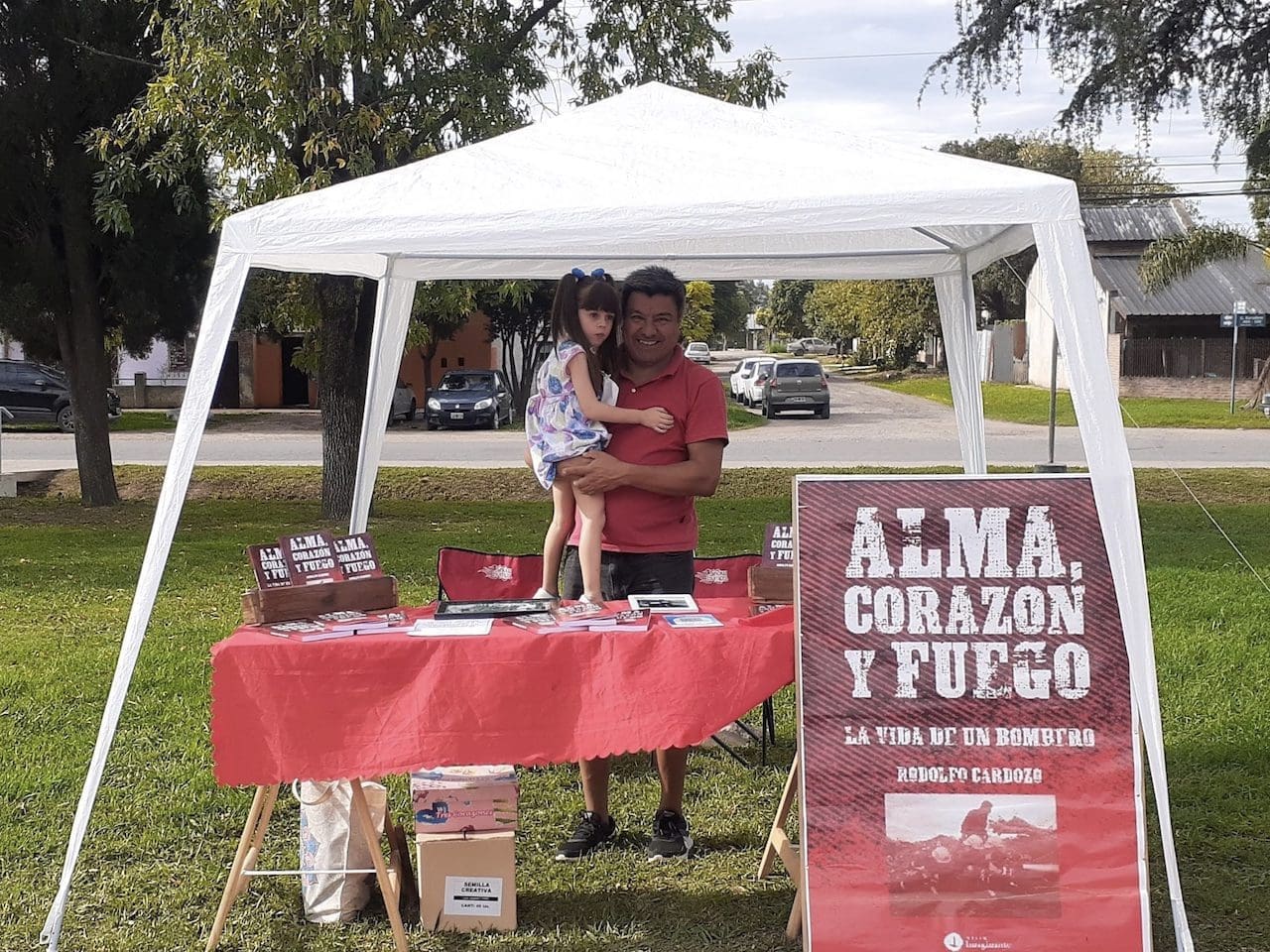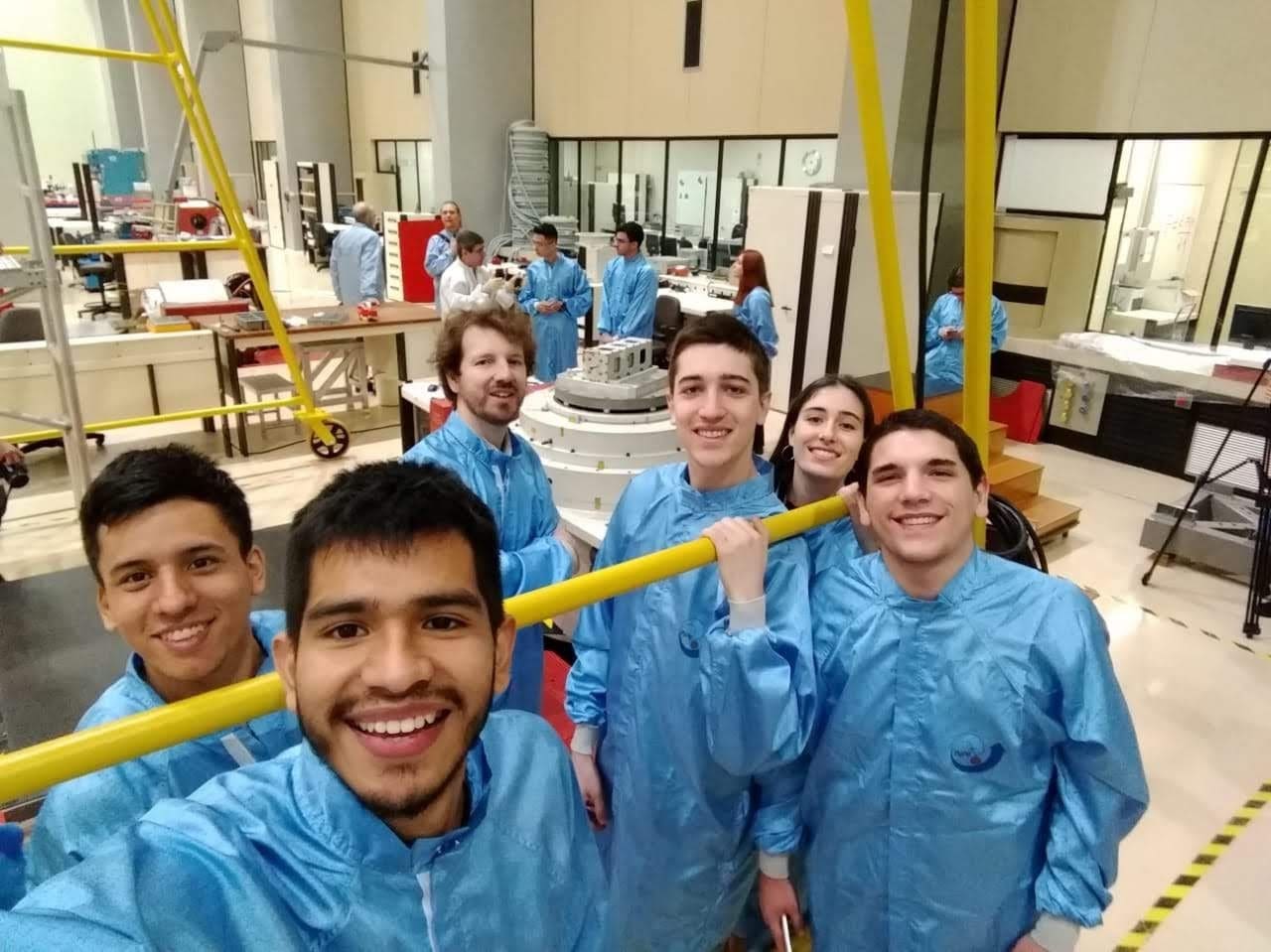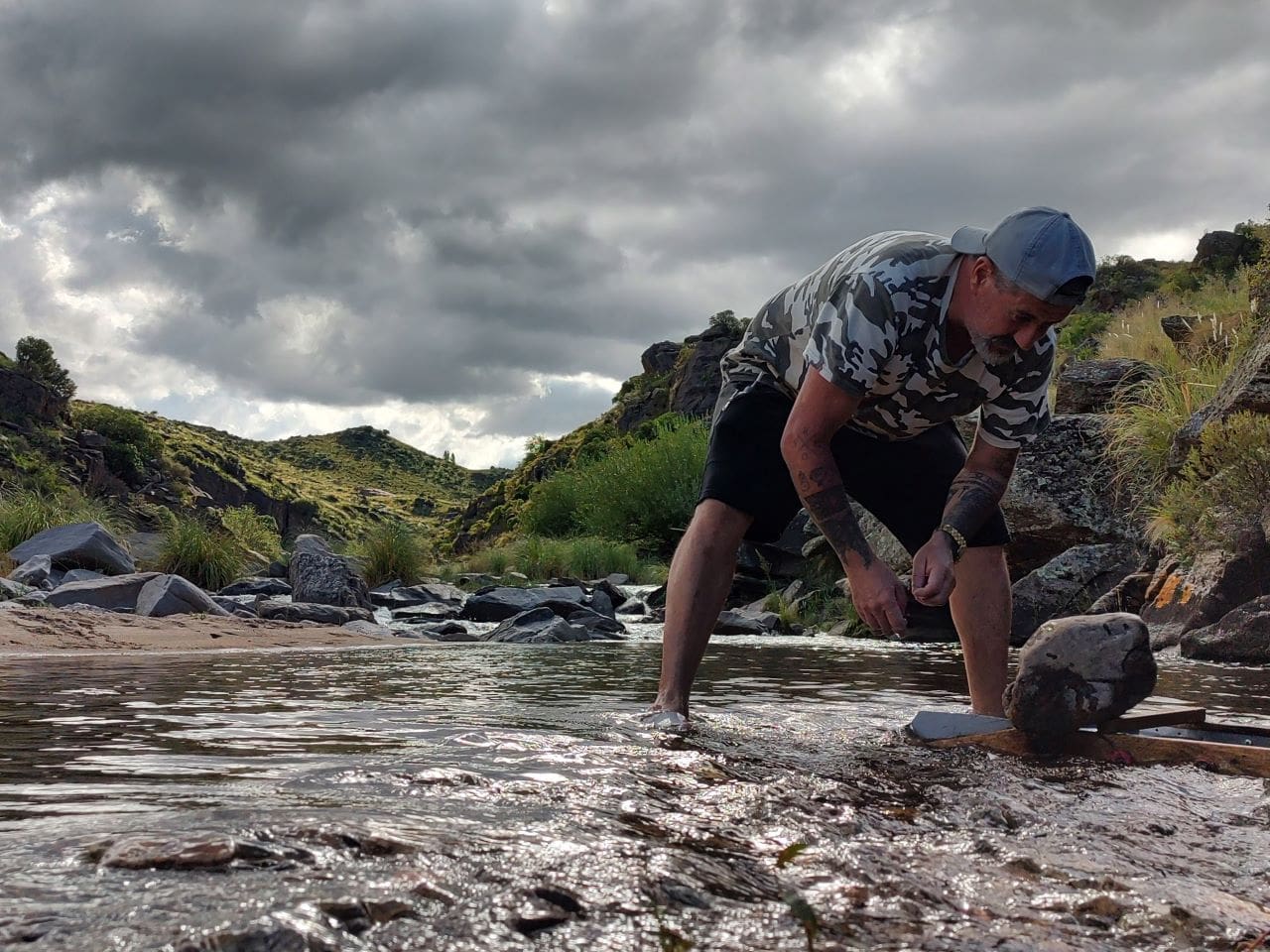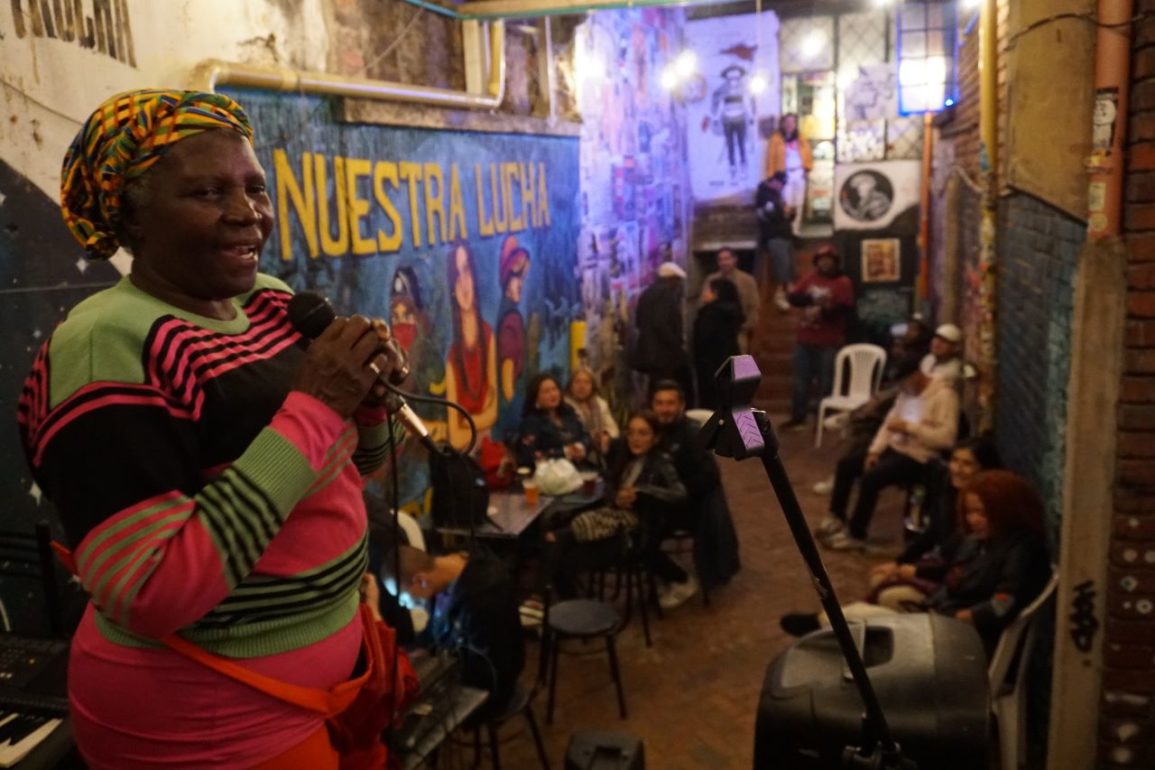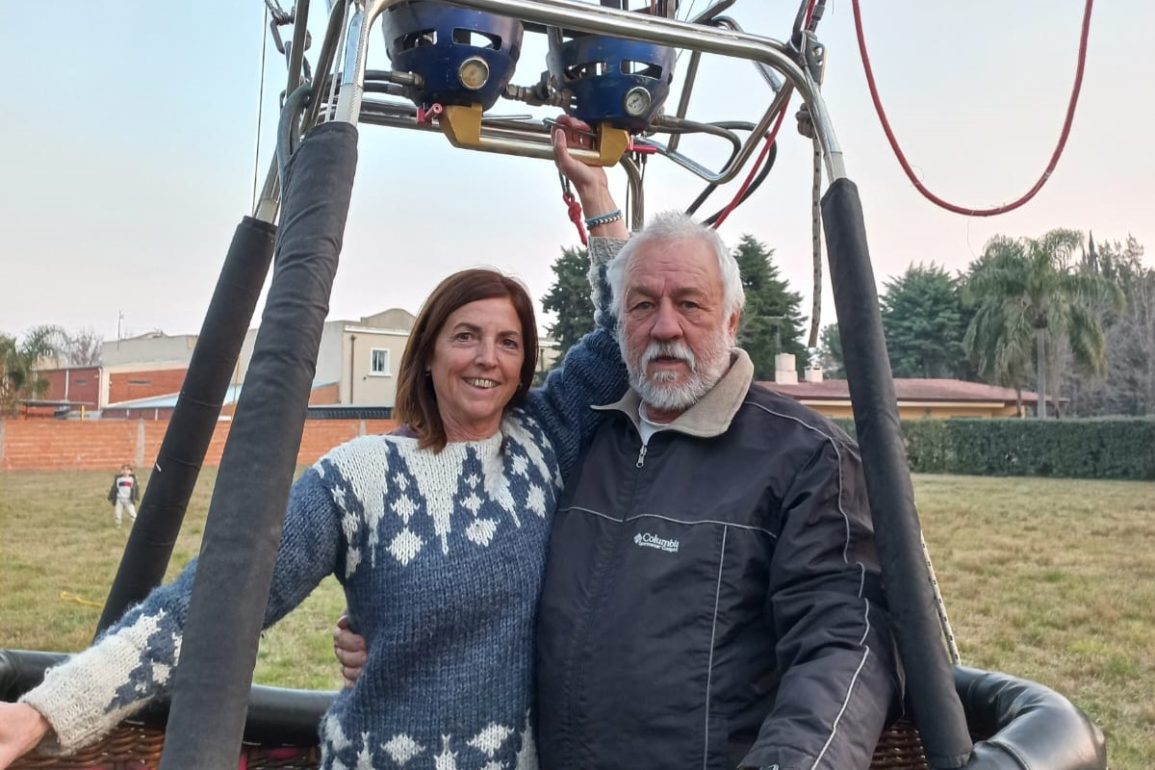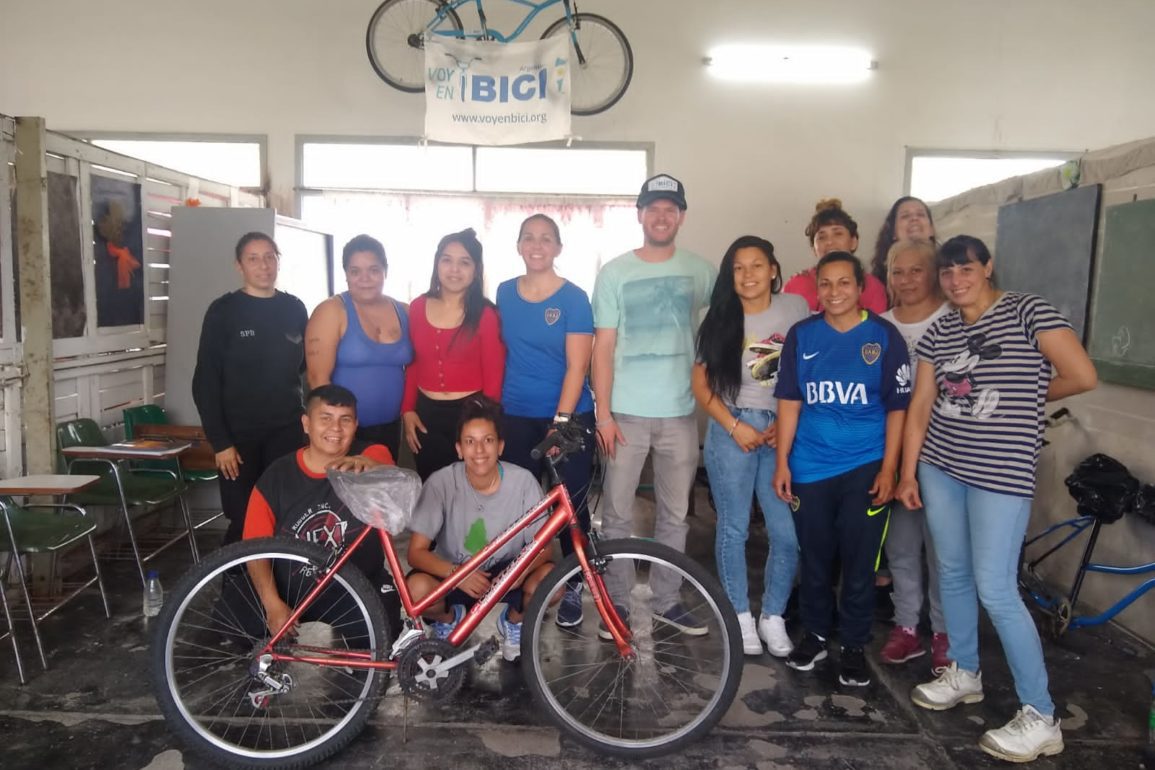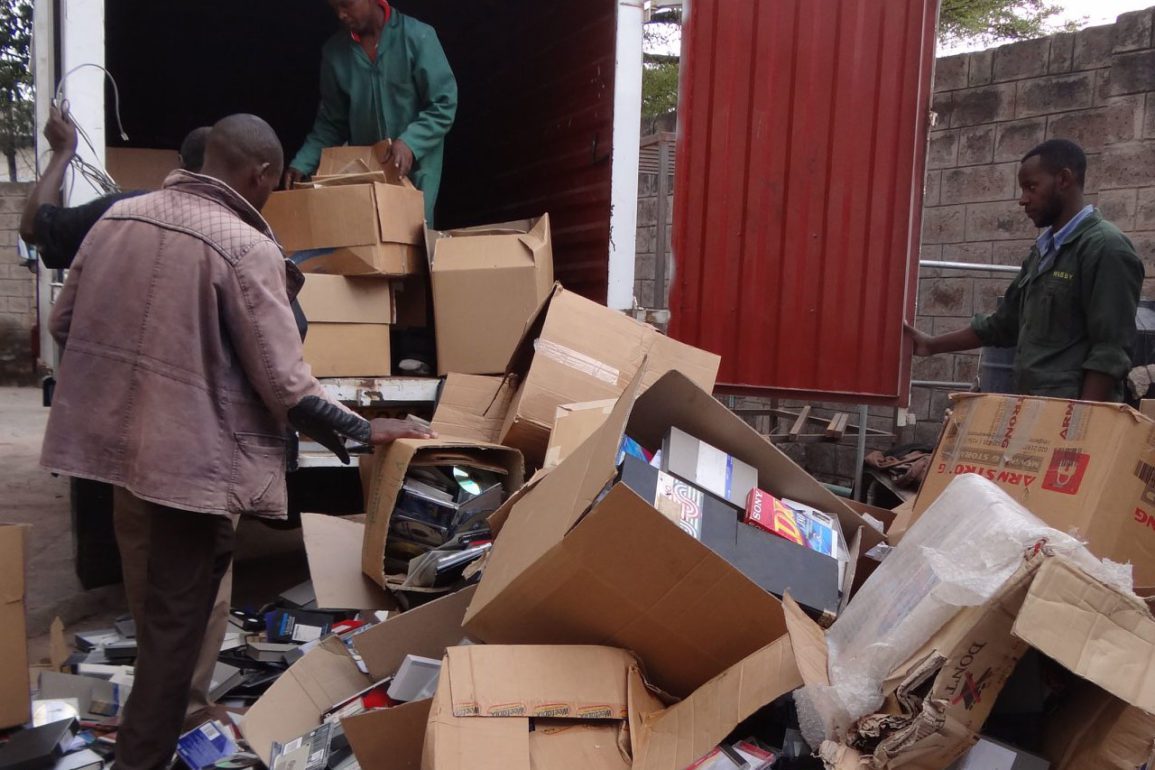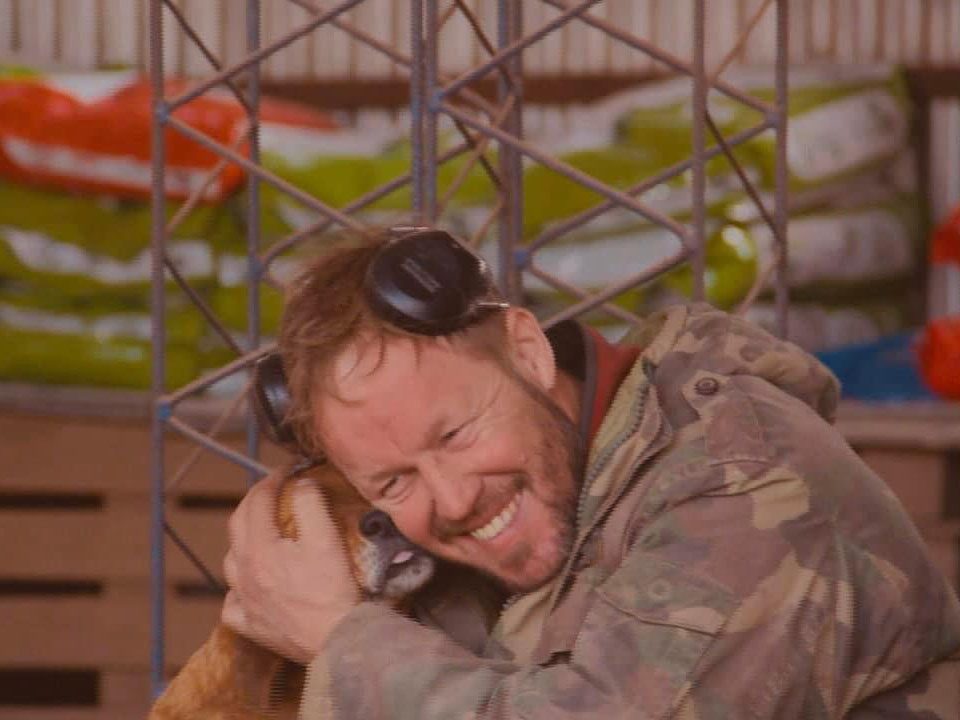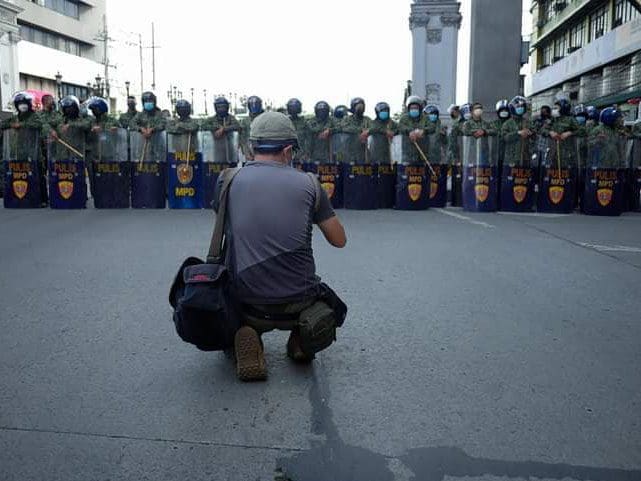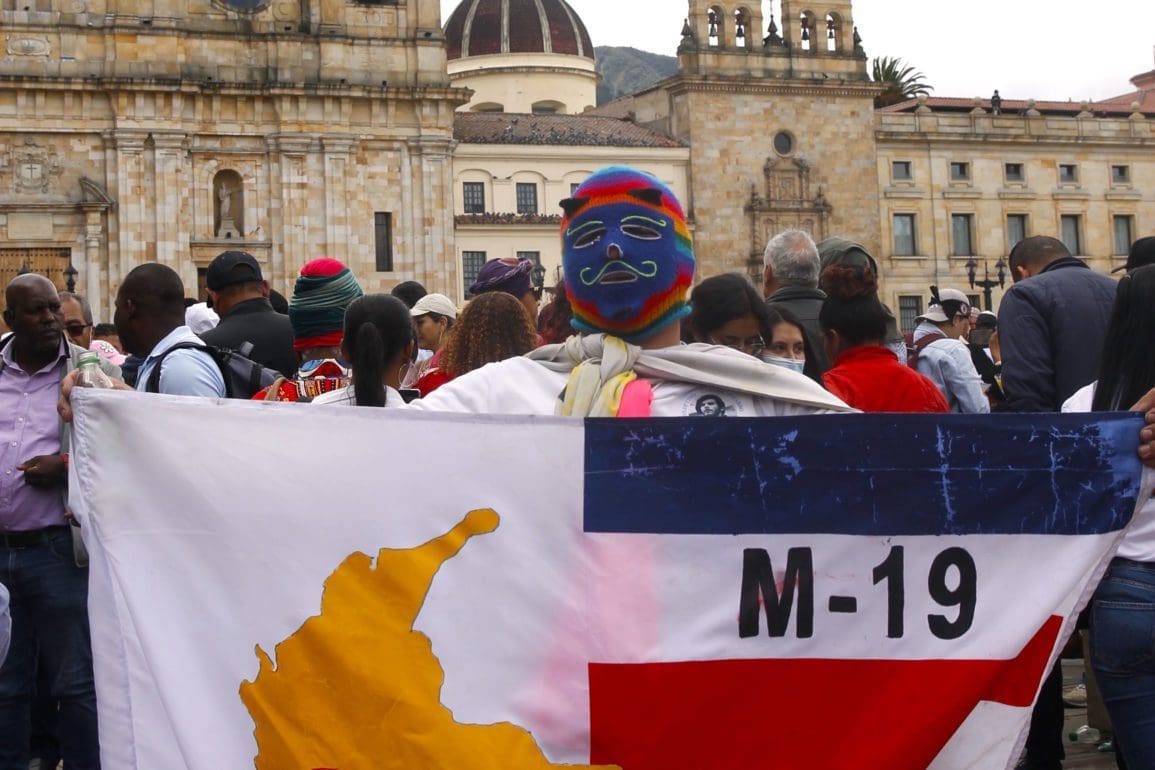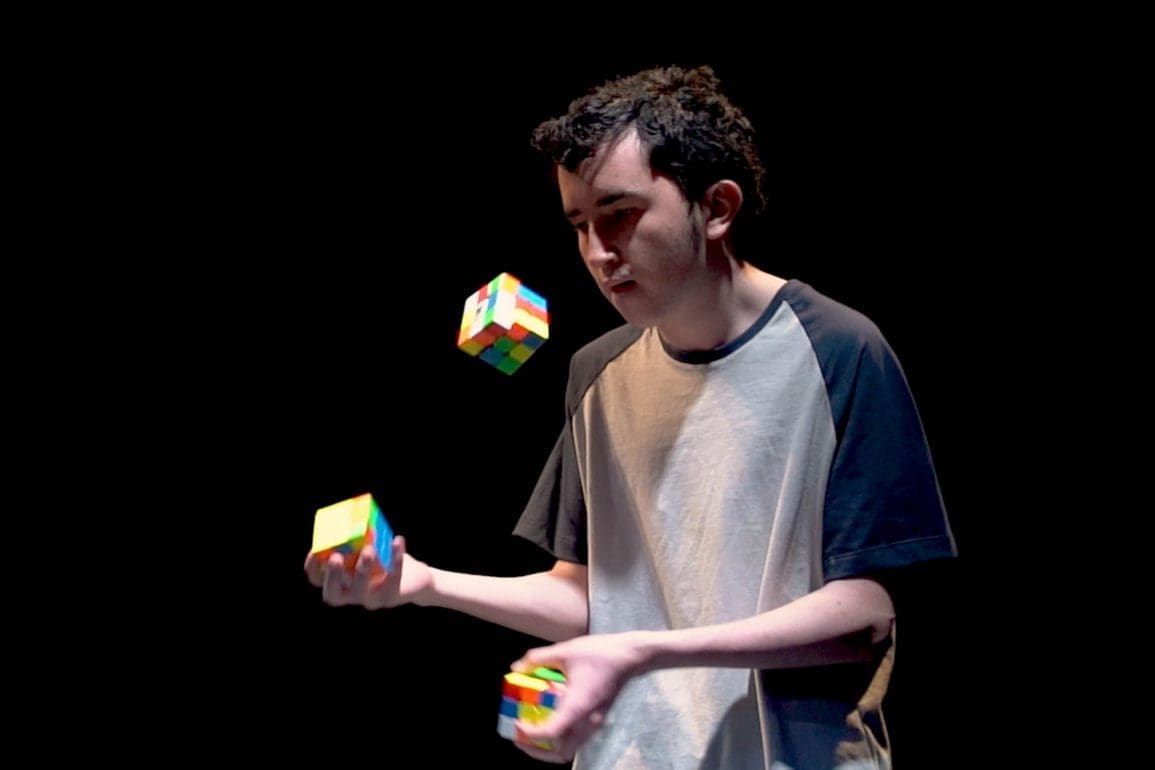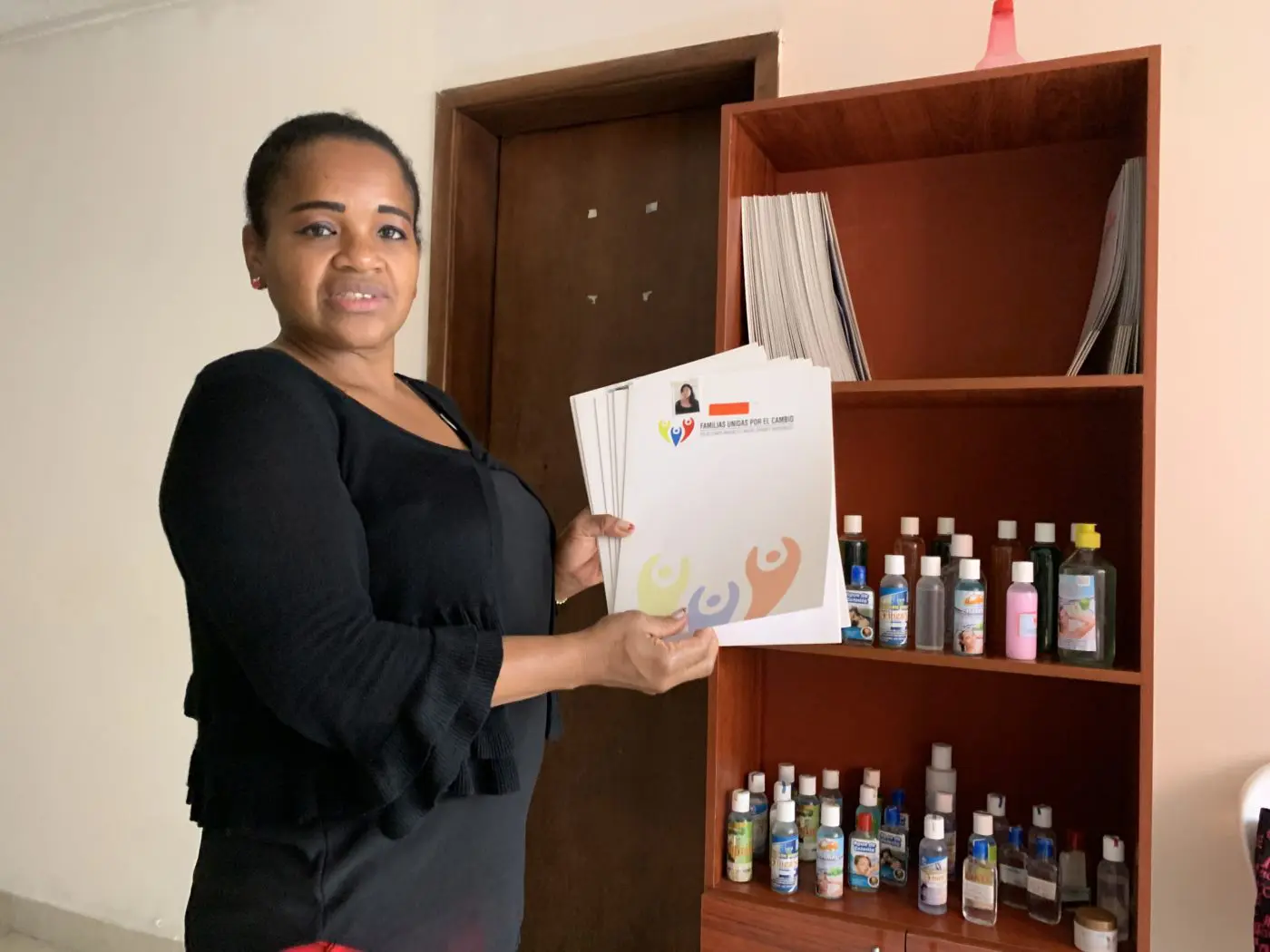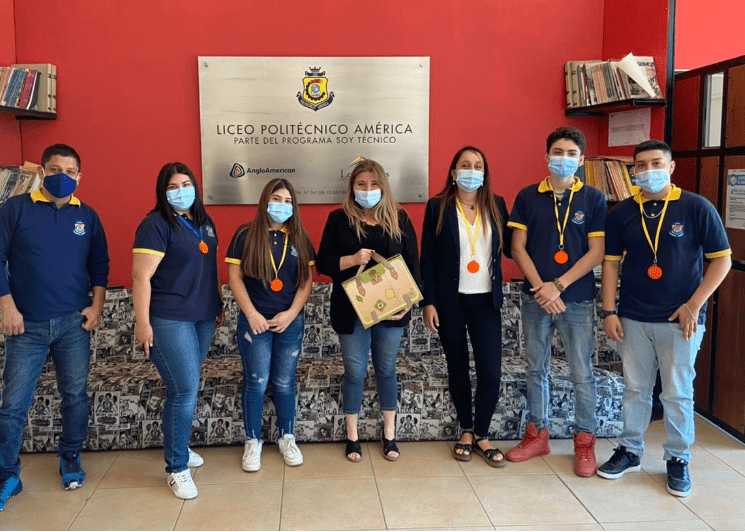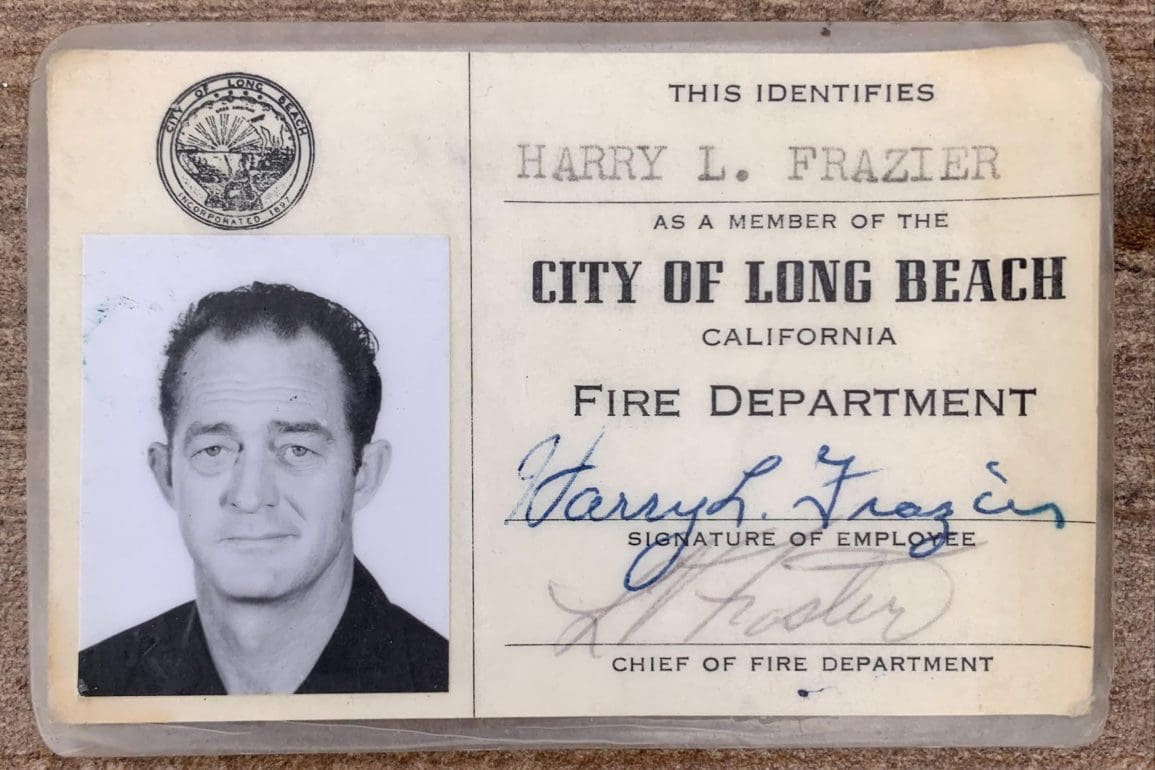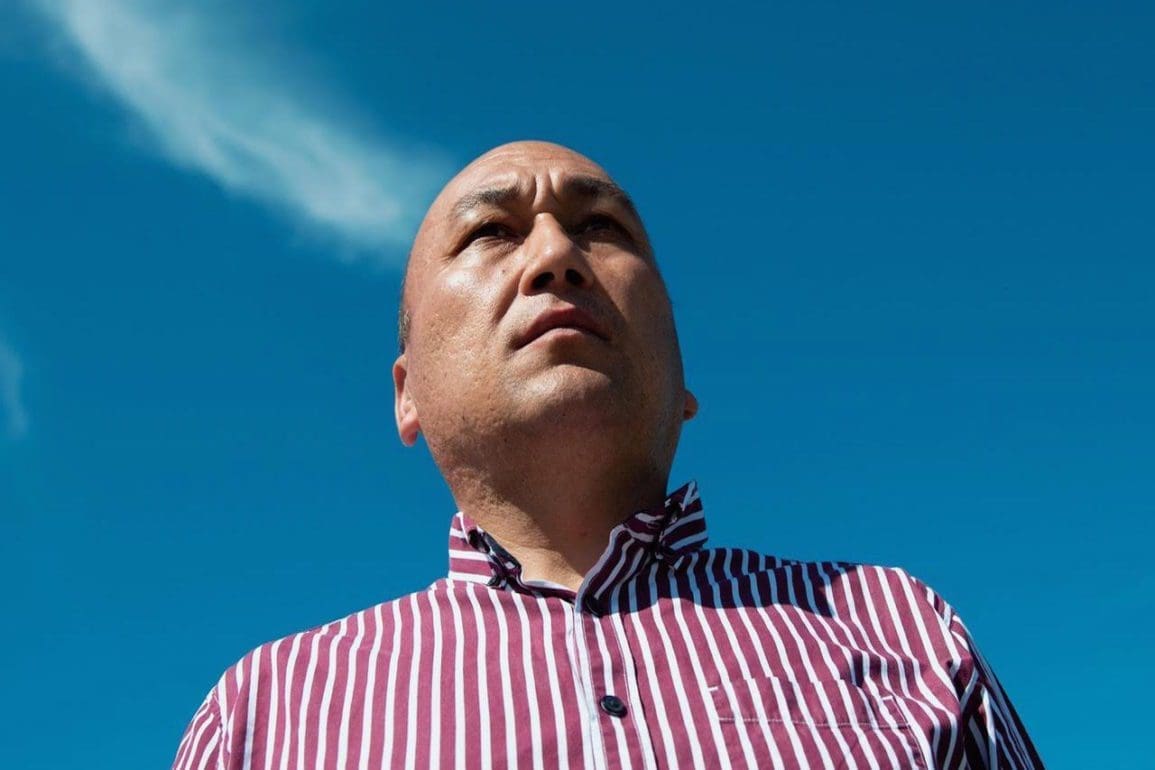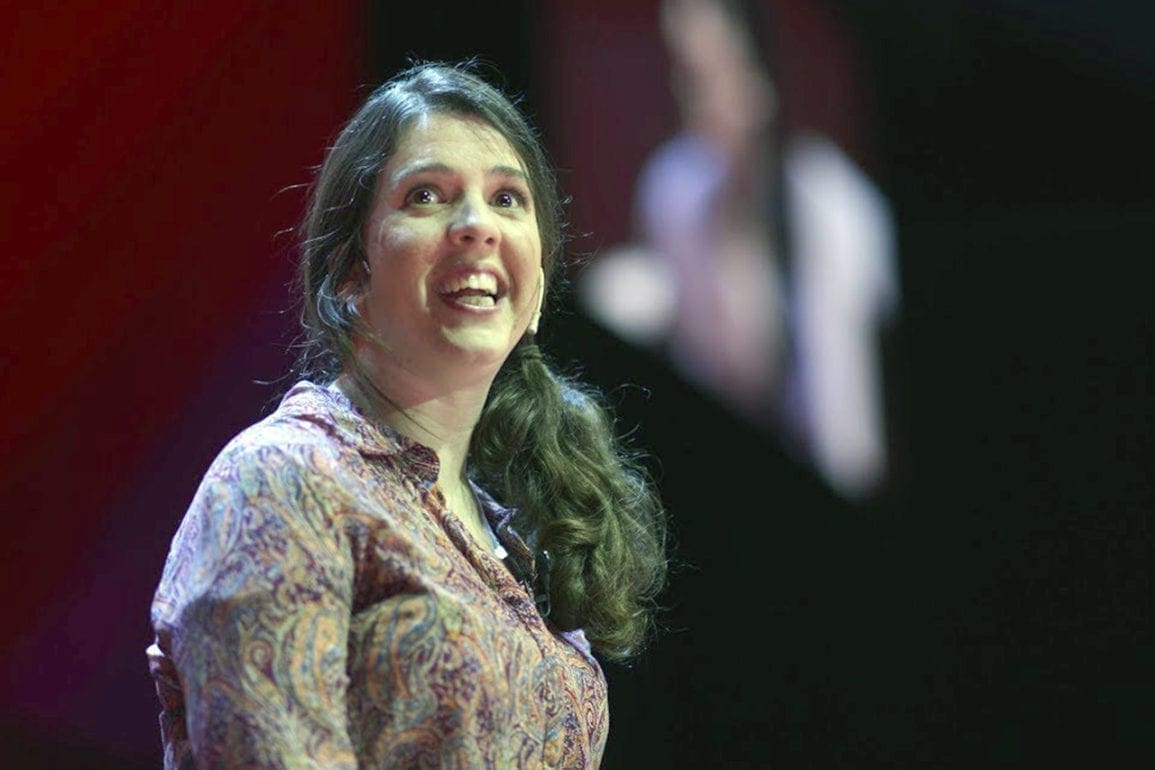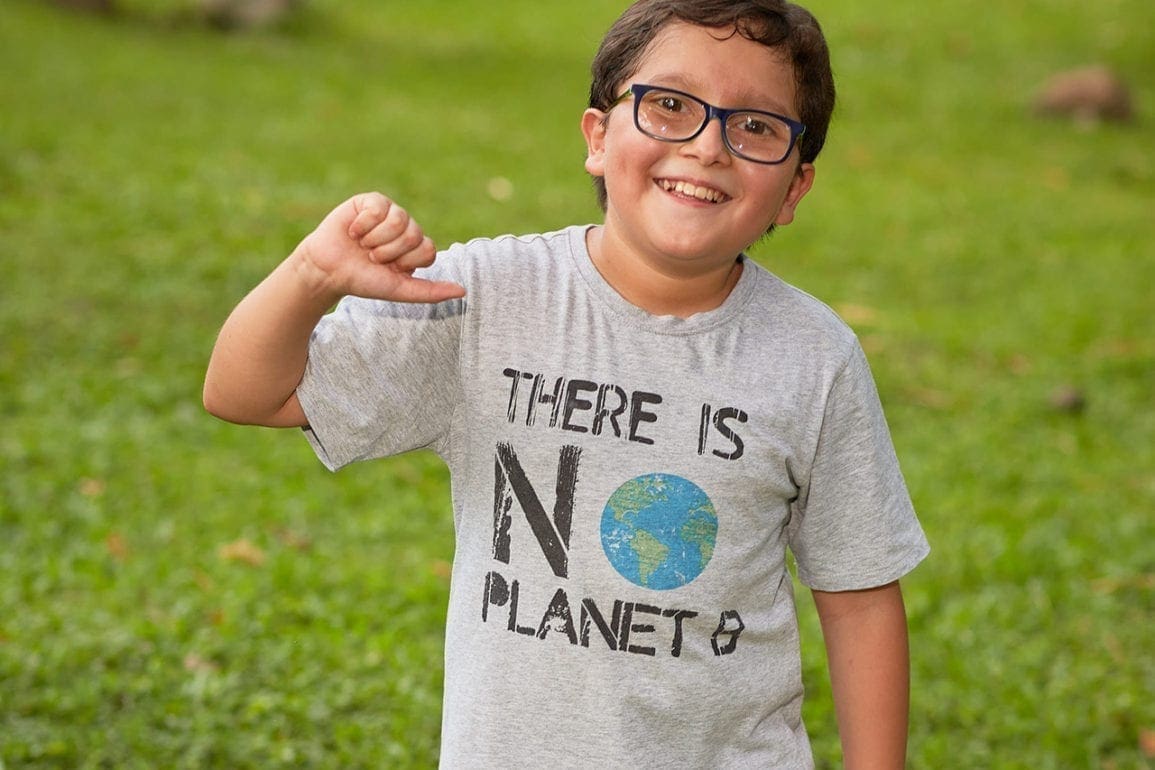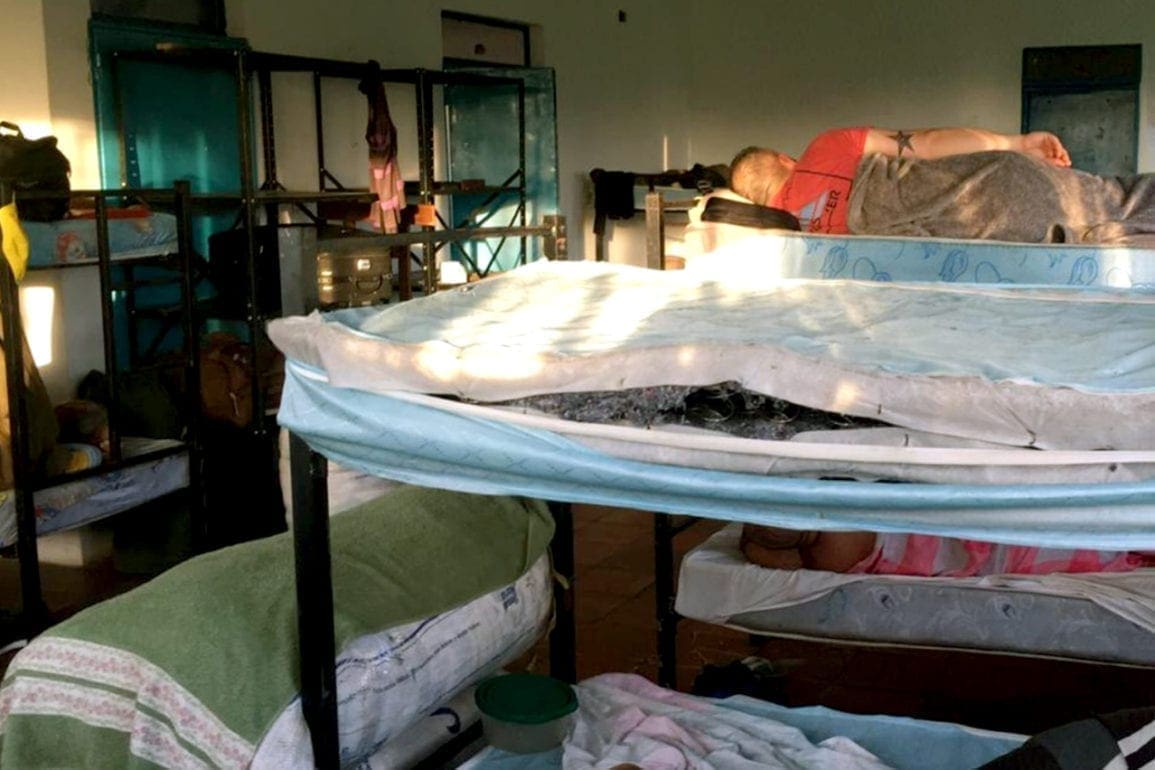Veteran recounts experience with military transition stress, launches doctoral study to help vets: ‘Suicidality is but a symptom’
I suddenly understood, this wasn’t an isolated incident. When soldiers leave the military – no matter how long they served or what their role was – they drop into a hole. I would later put words to this phenomenon: military transition stress.
- 10 months ago
September 20, 2023

BUFFALO, New York ꟷ I sat on the bed alone in my apartment in Savannah, Georgia, crying while eating Chicken Lo Mein out of a plastic container. My big fat tabby cat Darcy who looked just like Garfield, and my dog Scout, a German Shepherd mix with ears that stood straight up like a satellite, attached themselves to me.
It had been less than a year since I left Fort Stewart and my work as a Public Affairs Specialist in the U.S. Army. In that time, my boyfriend and I broke up, I had no friends, and the college I selected wasn’t a good fit. At 24 years old, I wasn’t even cutting it as a hostess at the five-star restaurant down the street. I felt like an utter failure; nothing in my life was working.
While most of my time in the service was stateside, I completed a tour in Iraq. When my military service came to an end, it felt like I stepped off a train and it pulled out of the station, leaving me in a cloud of dust. That is the nature of the military machine. It just kept moving without me. All my connections vanished overnight. I felt nonexistent, and I had no idea how to change it.
Read about military veterans in Florida who helped in Hurricane Idalia recovery efforts.
After nearly a year of feeling persistently alone, another veteran reaches out
Two weeks after hitting that bottom in my bedroom, my phone rang. Though we hadn’t worked together the last couple years, Chris Blakeslee had been my NCO in the Army. He medically retired after enduring a traumatic brain injury and moved out of the state for work. We hadn’t talked since.
“Emily,” he said on the phone, “Have you ever considered moving to New York?” My response was quick and decisive: “Hell no! I’m never living north of the Mason-Dixon line again.” I had no interest in his proposal, but Chris persisted. “We have a position at the YMCA,” he said, “and I want to bring someone in who knows me, someone I can trust. Just come for a visit and see if you like it. If you do, we can setup an interview.”
The truth is, I had been sending college applications out all over the United States, so I agreed to visit and in November, I boarded an airplane for New York. The trip filled me with a sense of connection for the first time in a long time. The day before I left, Chris sprung something unexpected on me. “Emily, since you’re here,” he said, “The YMCA wants to interview you.” This wasn’t the plan, but I obliged.
Driving around town that week with Chris and his wife and kids, big, beautiful snowflakes fell from the sky in a picturesque display. Christmas lights zig zagged across Main Street, and I finally took a long, deep breath. By the time my plane landed back in Georgia, a job offer awaited me. Chris even suggested hosting me at his home for as long as I needed. The following month, I pulled into New York with my U-Haul to start my life again with a built-in support system.
‘Emily, I’ve been seeing a therapist at the VA. I think you should talk to her’
I became the Membership Manager at the YMCA. My office sat tucked in a corner inside the front entrance. Everyone who entered passed by it, but few noticed, despite the huge oak door and 12-foot ceilings.
I sat behind an L-shaped desk with papers spread out everywhere. My chair faced the door. After all, the military taught me well – never give your back to anyone. I placed the guest chair on the other side of the desk to create a barrier, like a metaphorical wall. When I took the job, I encountered a paperwork disaster. It became the perfect excuse to throw myself into work, putting in 12-hour days and not talking to anyone. At night I went home, visited with the kids and Chris’ wife, but did nothing outside in the community. On occasion, I experienced a sudden burst of anger or cried out of nowhere and had no idea why.
I felt myself sinking back into a hole, but something was different this time. In Georgia, no one knew me any other way. Now, someone did. Chris knew me before all of this. One day as I toiled away at my desk at work, Chris walked in. Normally he was quite boisterous, but this time he approached quietly and sat down in the chair on the other side of my great big desk, taking a moment before he began to speak.
“Emily,” he said, “I’ve been seeing a therapist at the VA. I think you should talk to her.” I felt so numb I had no real reaction. Shut down and disconnected since leaving the Army, I simply said, “Interesting. Okay.” I felt a muted sort of surprise, but I trusted him, so I made an appointment.
When soldiers leave the military – no matter how long they served or what their role was – they drop into a hole.
Therapy reconnected me with myself and I woke up again. We focused on EMDR [a form of psychotherapy that helps a person recover from psychological trauma using rapid eye movements while recalling traumatic memories, reducing their emotional impact.] As healing came, I began to think, “Who do I want to be” and “What do I want to do with my life?” The answer came swiftly: I wanted to help people the way my therapist helped me.
After 11 months and 28 days, I left my job at the YMCA and started classes at a local university. At orientation, the school paired five of us together who served in the military. I never met a single other veteran at my college in Georgia. My new school had a Veteran’s Services department and a space for us. It included two adjoining rooms: a lounge with a big couch, refrigerator, and bar tables, and a study room with computers, a conference table, and a whiteboard.
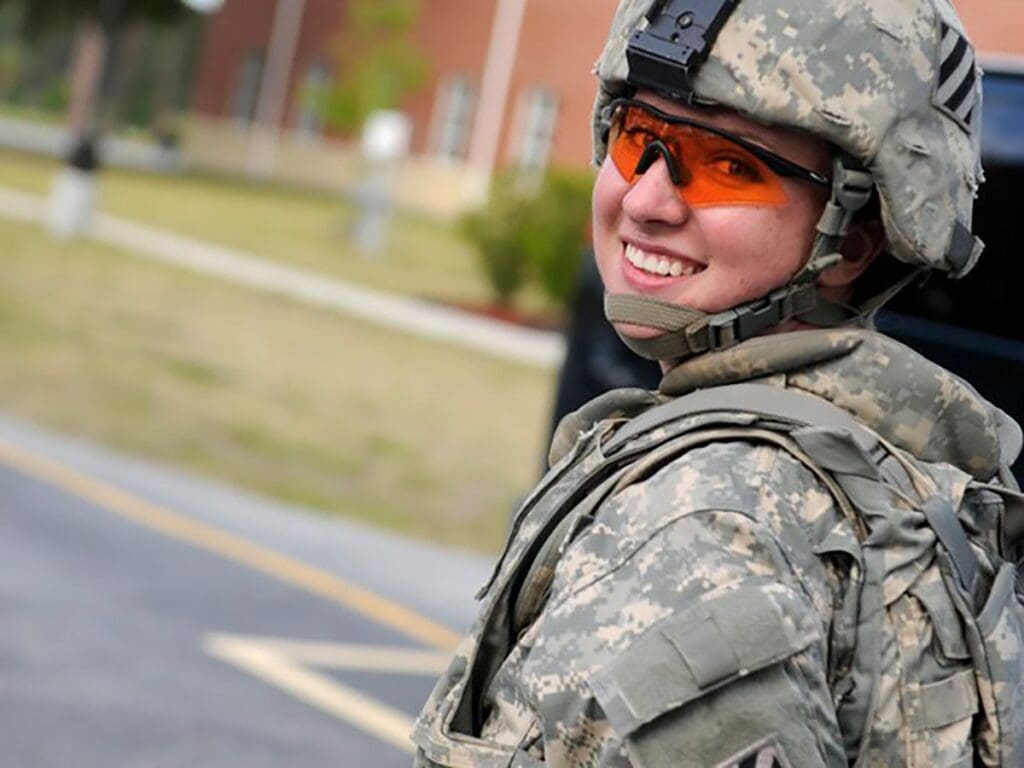
The five of us became fast friends. One day, someone asked me, “How’s it been?” Knowing I could be honest, and armed with the insights I learned in therapy, I responded, “I’ve really struggled since getting out. I felt unsure what to do with myself. It’s like I fell off a cliff after leaving the Army.”
One by one, nearly everyone said they felt the same way; all but the guy who had just gotten out three months ago. As predicted, he too would eventually reach that cliff. A light turned on for me. I suddenly understood, this wasn’t an isolated incident. When soldiers leave the military – no matter how long they served or what their role was – they drop into a hole. I would later put words to this phenomenon: military transition stress.
While I can still embrace military ideals, I acknowledge the shadow side of that conditioning now
I had already discarded my marketing major to pursue a Bachelor of Arts degree in Psychology and one day, while conducting research, I came across an article from 1978 in the Journal of Social Issues entitled Military Socialization and Masculinity. As my eyes absorbed the words, I felt stunned. The authors wrote about how the military conditions its soldiers; how we remain in constant competition with each other for promotions but rely on one another for our lives in battle.
They talked about the intentional isolation from society which made us feel different and separate from others. This epiphany hit me hard, and I felt every word deep within myself. I had to sit with that article for a month before I could move forward.

Though I felt devastated and hurt to learn the intentionality by which military training and life isolates us, the language gave me a means to shift gears; to alter my research. Honor, sacrifice, selflessness, and a mission-first mindset – those are grand ideals. I still feel proud of them, but now I could see the shadow side of military conditioning. It felt like a violation because no one told me about this when I got out. They just let me go, to grapple with my conditioning alone, thinking I was the problem.
I understood in that moment, having a functional military is critical and there are reasons why they train and condition us the way they do. Yet, I also knew something more needed to be done for soldiers coming out of service and for the veterans who have fallen off that proverbial cliff. I wanted to find a way to help people get through this. Everyone talks about veteran suicide, but suicidality is but a symptom.
Programming for military transition stress can save lives, we must determine who we are without the uniform
The more I learned and the more I engaged with other veterans, the answer to my earlier question, “Who do I want to be,” took shape. I wanted to normalize the emotional side of the transition experience military personnel go through when they leave service.
I knew no one answer would fit everyone, and that the ways people thrive and come alive would vary, but I wanted people like me to understand what to expect in their transition; to name it and decide what to do next; and to gain the kind of awareness and language that would give them their power back.
From that day forward, I knew my purpose, which culminated in my doctoral dissertation and a series of research studies with veterans about military transition stress (MTS). In my review of literature for my dissertation I learned that nearly three-quarters of veterans experience high MTS which went beyond suicidality. It included interpersonal conflict, unemployment, legal challenges, and more.

I felt awed when I realized that an “in-group” needs an “out-group” to compare their worth against, and in the military the “out-group” is the entire civilian world. No wonder we had such a hard time reintegrating. In my observation, some people hit that cliff right away and for others it takes longer. One veteran may recover in three years, and another still feels the effects of their conditioning 30 years later.
I refuse to call this the “military to civilian transition” as so many people do. We were civilians before, and we will be civilians afterwards. This is critical to identity; to determining who you are without the uniform on. I’m now on a mission to use my research to create programming and address military transition stress more broadly. In doing so, we can save lives.

